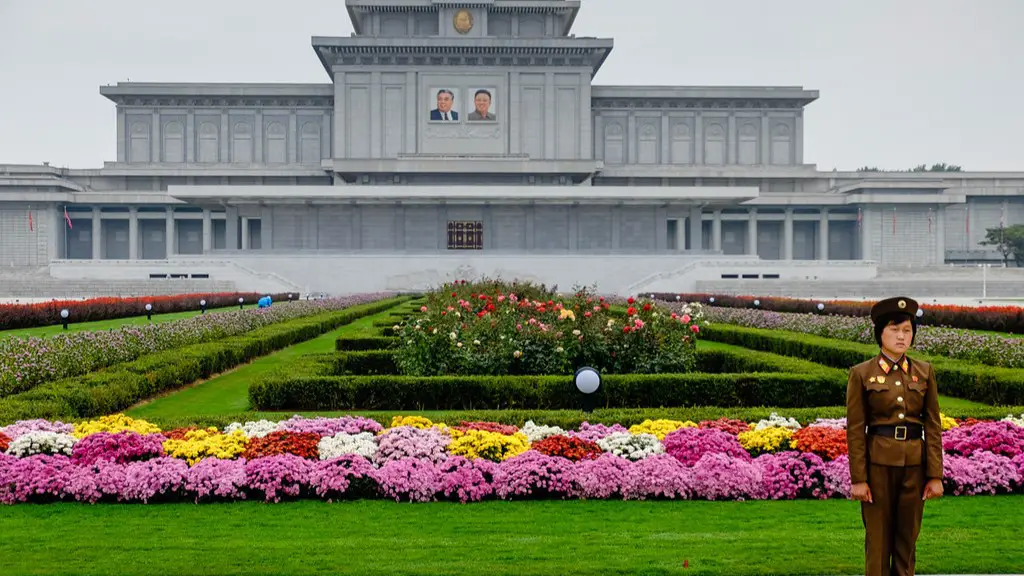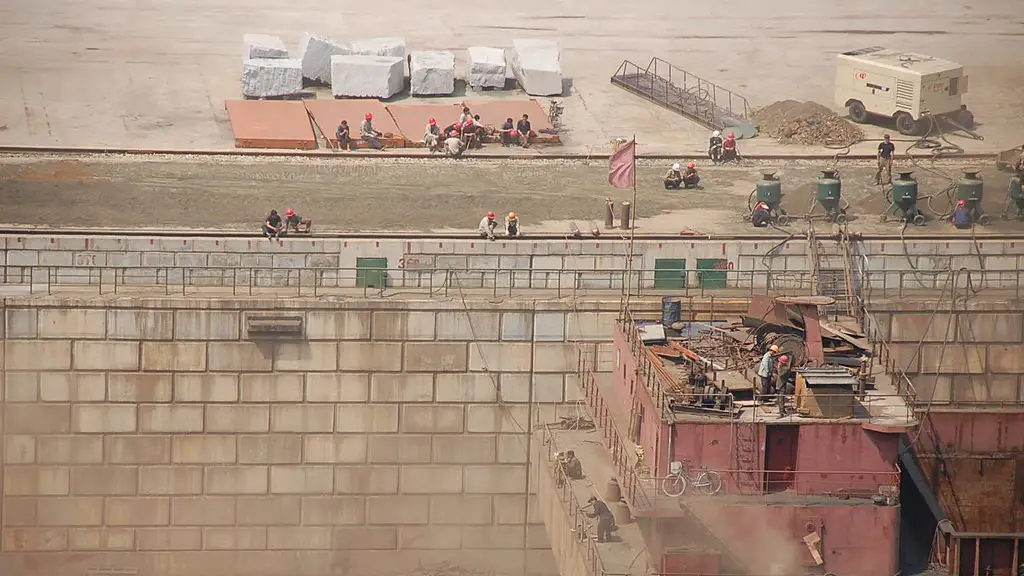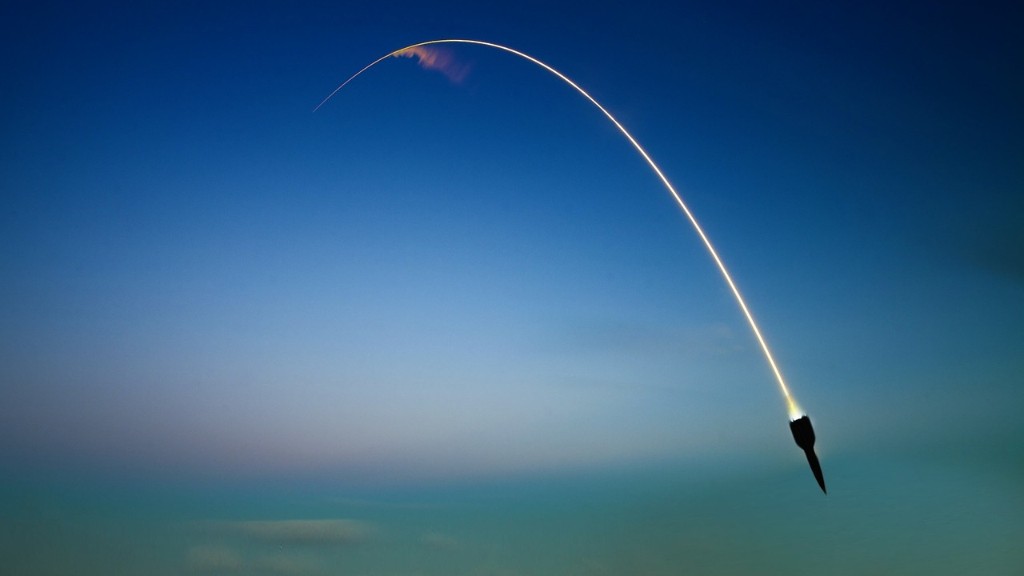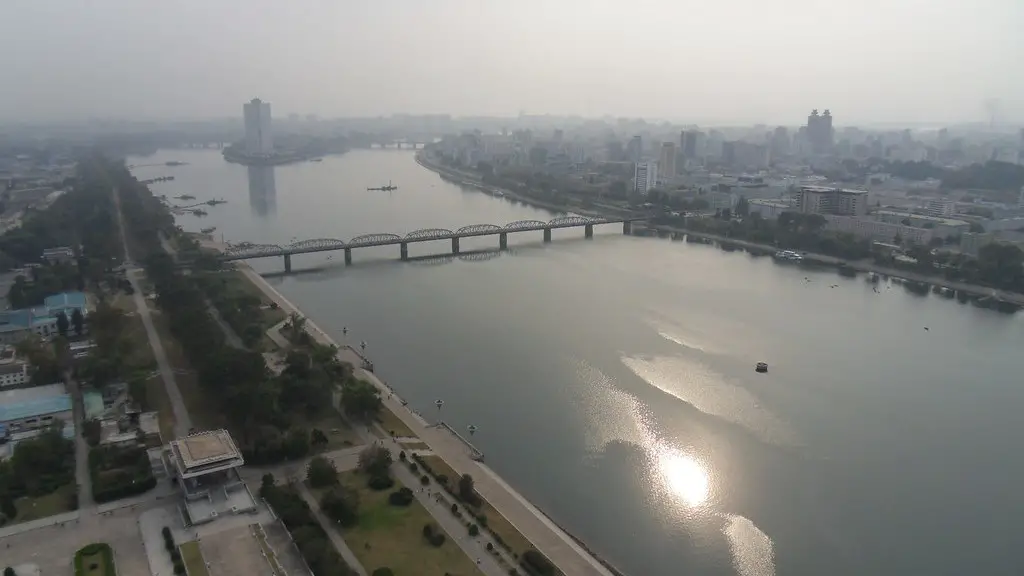Background Information
The Democratic People’s Republic of Korea (DPRK), commonly known as North Korea, is a one-party state that lies in the Korean Peninsula, between China and South Korea. Since its inception in 1948, the Korean peninsula has been divided along the 38th parallel. North Korea, also known as the “Hermit Kingdom”, is renowned for its unique way of life, governed by a many oppressive policies. From the outside, North Korea appears to be an isolated nation, cut off from the rest of the world. The state presents itself as the successor of the Korean Empire, the Korean resistance to Japanese rule from the early 20th century. It is renowned for its strong anti-imperialist and anti-American stance that is symbolised by its hostility towards the United States.
Foreign Policy
Under the rule of Kim Jong-Un, North Korea has maintained a strict foreign policy of isolation and aggression. The country is highly militarised and maintains an active nuclear weapons program in spite of international pressure. This has resulted in tensions with its neighbours, particularly South Korea and Japan. North Korea also has had a tenuous relationship with the United States, which has imposed sanctions against the country over its nuclear weapons program.
North Korea’s foreign policy has been characterised by a willingness to deploy military violence in order to achieve its political aims. In recent years, the state has engaged in a series of aggressive actions such as cyber attacks, ballistic missile tests and nuclear bomb tests. As a result, the country has been subject to a number of international sanctions. The United Nations Security Council has also imposed a wide range of economic and financial sanctions to deter Kim Jong-Un’s nuclear ambitions.
International Relations
North Korea has struggled to maintain diplomatic relations with the international community. The country is extremely reclusive and not a member of any international organizations apart from the Non-Aligned Movement. China is its only major ally, though Pyongyang has also cultivated ties with other countries such as Russia, Iran and Syria.
The state also has a strained relationship with South Korea, which has led to a number of clashes across their shared border. North Korea has been engaged in a tense military stand-off with South Korea since the end of the Korean War in 1953. The countries have signed a number of agreements such as the 2018 inter-Korean summit and the Panmunjom Declaration in an effort to improve relations and foster peace and cooperation in the region.
Economic Situation
The economic situation in North Korea is dire. The country has struggled with a number of economic issues such as poverty, food insecurity and inequality. North Korea’s economy is in a state of decline, with the International Monetary Fund estimating that the country’s per capita income is only a third of its South Korean neighbour. The economy is largely centrally planned and lacks exposure to foreign markets.
The state has also suffered from international sanctions, which have hindered economic growth and development. Despite this, North Korea has made attempts to open up its economy in recent years. In 2018, the country held its first international economic forum, which led to increased foreign investments. The country has also taken steps to liberalize its currency and has made various efforts to promote trade.
International Reactions
The international community has largely been critical of North Korea’s aggressive stance and refusal to comply with United Nations Security Council resolutions. Various nation-states have condemned Pyongyang’s nuclear weapons program and have imposed their own sanctions in an effort to deter Kim Jong-Un’s ambitions. The United States has also taken a hardline stance, including imposing economic sanctions and pressuring China to take a more assertive role in dealing with North Korea.
Experts have also raised concerns about the humanitarian situation in North Korea. The country is renowned for its vast human rights abuses, including its use of political prisoners in labor camps. In addition, UN reports have warned of potential famine, with estimates that up to one million people may be suffering from starvation.
Prospects for the Future
It is difficult to predict what North Korea’s future holds, given the secrecy and isolation of the state. In recent years, there have been attempts to improve relations between North Korea and other countries, such as South Korea and the United States. The 2018 inter-Korean summit in April, followed by the historic meeting between US President Donald Trump and Kim Jong-Un in Singapore in June, has raised hopes that the two countries could seek to build bridges and foster closer ties.
However, tensions remain high, and it is unlikely that North Korea’s nuclear weapons program will be eliminated anytime soon. The country’s economic situation is also dire, and it is unlikely that the situation will improve without significant investment from outside countries. In the meantime, it is likely that the stalemate between North Korea and the international community will continue.
Political Climate
North Korea is renowned for its repressive political culture and its strict control over its citizens. The state has strict control over its media, education, and religious institutions, as well as its military. The government is officially led by its leader, Kim Jong-Un, whose official title is Chairman of the Workers’ Party of Korea. He is supported by a number of political elites and powerful military figures.
The state is considered to be one of the world’s most authoritarian regimes, with a highly oppressive political system. Public dissent and criticism of the government are not tolerated, and individuals who speak out against the regime are subject to harsh punishments. Moreover, North Korea is one of the most isolated countries in the world, largely cut off from the international community.
Human Rights Situation
North Korea has been consistently ranked as one of the worst countries in the world for human rights. The country has a record for arbitrary arrest and detention, with a large number of political prisoners in its prisons, labour camps, and other detention centres. Human rights groups have also raised strong concerns about the lack of access to medical care, shelter, food and water for many of the country’s citizens.
The country has also been criticised for its restrictions on freedom of speech, assembly, and movement. North Korea has a strict censorship system, with access to outside information being tightly controlled. In addition, North Korea has been accused of violently suppressing political
dissent and religious expression. In recent years, the country has been subject to a number of UN resolutions and international condemnation for its human rights abuses.
International Influence
Although North Korea has been largely isolated from the international community, it has managed to wield significant influence in the region. The country has been able to exploit its strong military capabilities and its nuclear weapons program to coerce smaller countries into submission. Additionally, North Korea’s actions have also served to raise regional tensions, with the state often playing one country off against another in order to increase its diplomatic clout.
The state has also managed to cultivate strong ties with various countries, primarily China and Russia, to further its diplomatic agenda. In recent years, North Korea has engaged in a process of economic diplomacy in order to attract foreign investment and trade.
Despite these attempts to increase its influence, North Korea’s international standing has been damaged in recent years due to its policy of military brinkmanship. North Korea’s aggressive stance has resulted in a number of military clashes and international sanctions, which has led to further isolation and a deterioration of its diplomatic ties.




